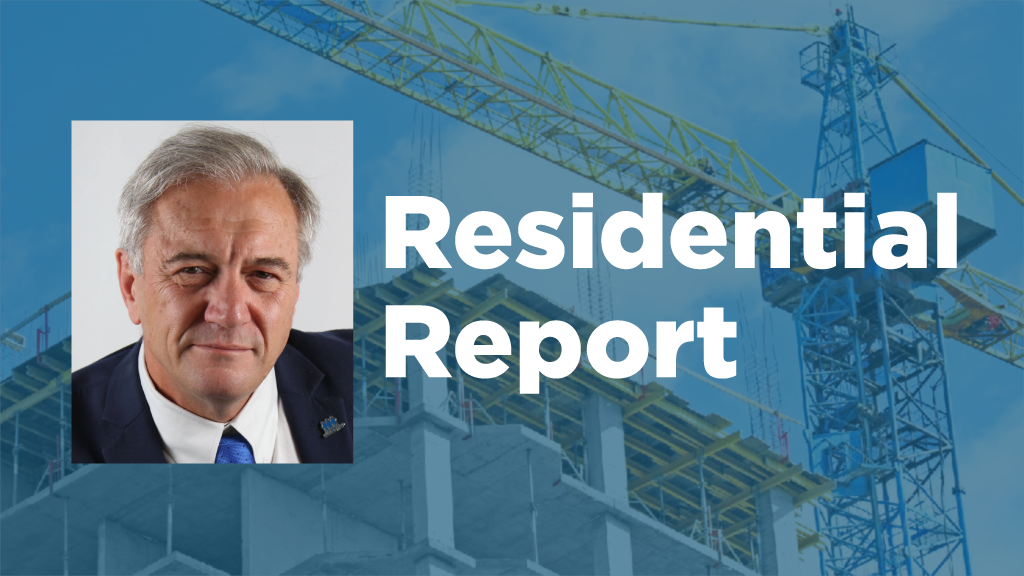Famed 19th century Irish poet and playwright Oscar Wilde hit the proverbial nail on the head when he cheekily proclaimed, “The bureaucracy is expanding to meet the needs of the expanding bureaucracy.”
His assertion is certainly applicable to today’s housing crisis. Excessive bureaucracy, red tape and regulations are killing the market by needlessly extending the time it takes to get shovels for residential development projects in the ground, adding unnecessary costs to building.
A report by think-tank C.D. Howe Institute concluded the excessive regulatory burden contributes to prices being much higher than the cost of producing new dwellings. Research by the institute estimated the price of single-family detached housing in Toronto was $350,000 higher because of regulatory barriers. In Vancouver, meanwhile, it was much worse.
According to the report, the red tape imposed by municipal governments adds hundreds of thousands of dollars to housing prices. As a result, the extensive paperwork and delays are hampering the ability of the residential construction industry to build homes that working people can afford.
In many ways, we are still in the dark ages when it comes to dealing with housing proposals. Developers and builders often must wade through a labyrinth of approvals to get shovels in the ground.
Our zoning and approvals processes are slow, antiquated and cumbersome and there is too much administrative paperwork to wade through, which only stands in the way of new housing.
It is mind-boggling and underproductive, a time-wasting exercise and useless drain on resources.
Yes, we need proper guardrails in place as well as systems to ensure residential construction projects are built according to code and the laws of the land. But when they stretch out a project for years and merely act as a roadblock to development, they are a hindrance to the effort.
When a project is delayed, it becomes more expensive. Developers shoulder all the costs of planning, designing, labour and materials involved in building new homes. They must also fork out funds for hefty development charges as soon as shovels go in the ground for a project.
The longer the process, the more expensive it is to build a home.
Obtaining approvals and permits in major cities like Toronto and Vancouver can take years, not weeks or months.
According to data compiled by the World Bank, Canada ranks second last among 34 Organisation for Economic Co-operation and Development countries when it comes to the length of time it takes to get construction permits approved. We are just ahead of the Slovak Republic.
Toronto, meanwhile, has become the poster child for delays. A study in 2022 found the timeline for approvals was the worst of 20 cities in Canada, with an average approval time of 32 months.
Efforts have been made to speed up the development approval applications, but the city is still lagging, and there are intolerably long timelines for things like zoning amendments and site plan approvals.
A review of statistics presented to the city’s planning and housing committee recently showed the five-year average timeline for a site plan decision is 912 days while the five-year average for combined official plan amendment/zoning bylaw applications is 729 days.
Meanwhile, of 18 affordable housing projects identified for construction in the City of Toronto, incredibly none have actually been started.
It is critical that we fix the problem – immediately. We need full-scale reform at the municipal, provincial and federal levels.
Each level of government – no matter the political stripe – must drop the partisanship and focus on collaborative measures aimed at boosting new housing for everyone. That means streamlining the approvals process and making it easier for developers and builders to build homes.
We must reduce the bureaucracy, in lockstep with other measures such as reducing taxes, fees and levies, digitizing the approvals process, and pumping more funds into infrastructure.
Major changes must be made to ensure the system is digitized and streamlined and municipalities expedite residential housing applications. Technical panels and agencies must also make decisions in a timely manner, and housing must be top of mind of any decision.
A recent report by Oxford Economics figures Canada must build 4.2 million new homes between 2024 and 2035 to restore balance in the housing markets. That means we’d have to build 420,000 homes annually over the next decade, nearly 70 per cent more than in recent years.
In Ontario, the population grew by nearly 200,000 over the first half of this year, but we only had 37,245 housing starts, a reduction from more than 6,000 from the first six months of 2023.
With housing starts at less than 30 per cent of the target set by the province, we have a lot of work to do. There is no time to waste.
Richard Lyall is president of the Residential Construction Council of Ontario. He has represented the building industry in Ontario since 1991. Contact him at media@rescon.com.











Recent Comments
comments for this post are closed